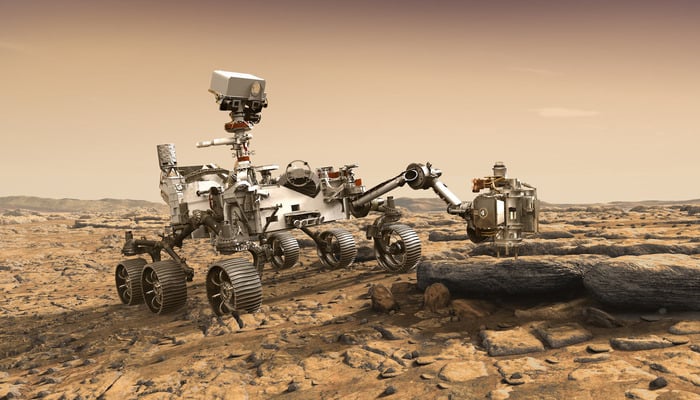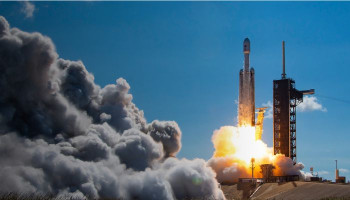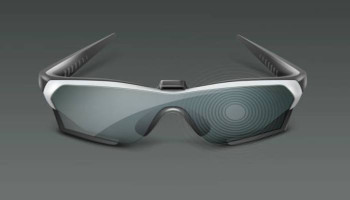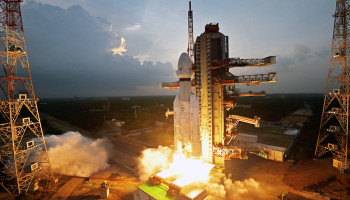
NASA's Perseverance Mars Rover, from the space exploration organisation, is getting ready to send new methods of exploration into space, aided by advanced artificial intelligence (AI).
However, this for the first time in history that AI technology will be utilised to make autonomous decisions based on real-time data of rock composition on Mars.
Notably, this new way to explore space and search for the signs of life beyond Earth is one of the most innovative ways for future missions.
NASA researchers revealed that they have been using an AI software, called 'adaptive sampling,' which works with Planetary Instrument for X-ray Lithochemistry (PIXL) spectrometer to identify minerals present in the rocks.
Read more: Here’s your guide to stargasing this week
The instrument scans the surface of the rock, building a map of the chemical composition of minerals. AI software analyses all of the available data in real time — enabling it to determine which minerals may be worthy of future examination.
Here’s how it works
The AI software positions the instrument close to some rock target from which the data has to be gathered; it uses a hexapod to make precise adjustments.
Once in position, PIXL scans the rock, firing off an X-ray beam thousands of times to create a grid of microscopic dots.
Each point is a possibility for the discovery of information about the chemical composition of the minerals present. What this system AI software does is analyse the data itself, automatically stopping to gather more data on particular minerals.
















